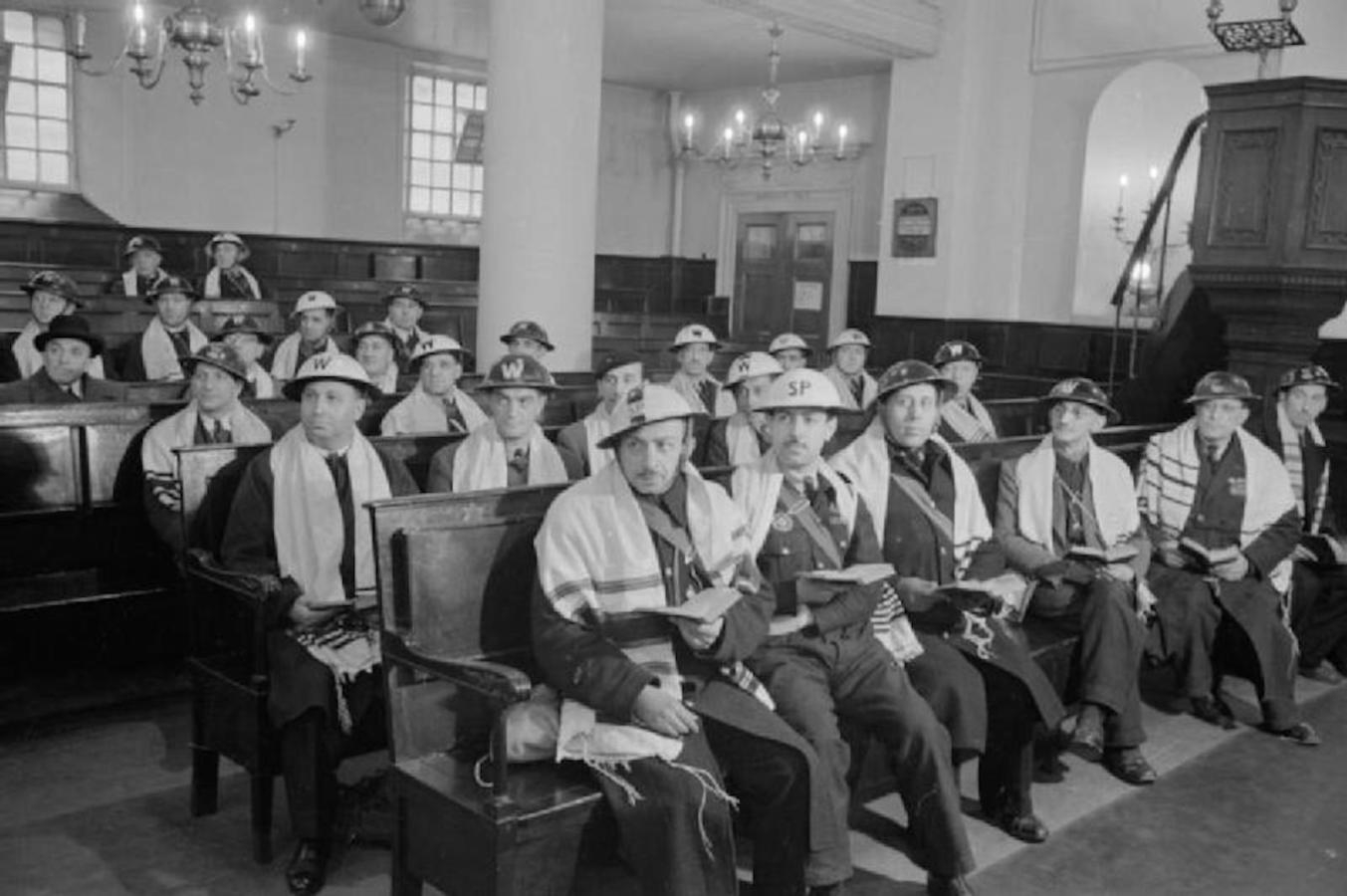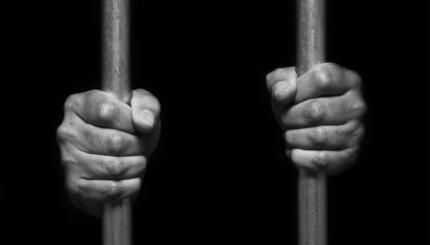Hagar and Ishmael, having been banished from the house of Abraham, are praying for survival in the desert. An Egyptian servant of Abraham’s wife Sarah, Hagar and Ishmael had been cast out after Sarah grew jealous of the child Hagar bore to Abraham. After their water runs out, Hagar sits at a distance from her son so as not to watch him die. But a voice calls out to Hagar and informs her that Ishmael will in fact survive.
The text in Genesis specifies that it was the voice of Ishmael that God heard — not the tears of his mother. The commentator Rashi explains that Ishmael’s prayers were answered because God prioritizes the prayers of the sick over those praying on their behalf. One might infer from this that prayer is most potent when one is praying for one’s personal needs.
But in fact, much of Jewish liturgy suggests just the opposite: Prayer is most powerful when it is recited in the plural.
The standard opening of all Jewish blessings refers to “our God” who has sanctified “us” with the commandments. The very first word of the Aleinu prayer says “[it is] upon us” to give praise to God. Perhaps the best-known of all Jewish prayers, the Shema, declares that “our God” is one. And in the liturgy for Yom Kippur, the day when Jewish tradition teaches that we are individually called to account for our sins, we nevertheless recite the confessional Viddui prayer in the plural: We have sinned. We have trespassed. We have dealt treacherously.
With your help, My Jewish Learning can provide endless opportunities for learning, connection and discovery.
Even the Amidah prayer, the pinnacle of the daily prayer service that is recited privately and in a whisper, is written in the plural. Grant us healing. Hear our voices. Forgive us. Some of the specific requests made in the Amidah may be irrelevant to us personally, but when expressed in the plural they prompt us to be mindful of the needs of others. Even in our most individual, intimate encounter with God, we are called to keep the welfare of others in mind.
The origins of this liturgical norm may be found in the Talmud’s discussion of Tefillat Haderech, the prayer for traveling. In Berakhot 29b, we find that the initial version of the prayer was written in the first-person singular, asking God to guide “me” in peace and lead “me” in peace. But the Babylonian sage Abaye disagreed: “At all times a person should associate himself with the congregation and should not pray for himself alone.”
Despite the fact that most traveling is done individually, not communally, the Traveler’s Prayer is today recited in accordance with Abaye’s directive, a fact that anticipates the way most Jewish liturgy would come to be written. The Mishnah Berurah, a Jewish legal work written at the turn of the 20th century, notes that this practice only applies to standard Jewish liturgy. Someone offering up a personal prayer to God ought to express themselves in the singular. But the standard prayer book liturgy, more often than not, is written in the plural.
What is the reason for this?
Sefer Hasidim, a 13th century work of teachings about the practices of German Jewry, explains that prayer was instituted in this way because God only listens to the requests of those who are also conscious of their fellows’ needs. This idea echoes a comment Rashi makes on the talmudic discussion about Tefillat Haderech: We pray on behalf of others to increase the chances that our prayers are answered.
Plural language in prayer also helps to invoke a sense of collective responsibility. No matter whether we’re praying alone or in community, we are prompted to think about the whole of humanity when we pray, not only of ourselves. Because the whole is greater than the sum of its parts, we pray in this way no matter where we are physically — both to improve the receptivity of our prayers and, perhaps, to deepen our empathy for others. Even when we do not sit in the same room or walk in another person’s shoes, still we pray for them.



